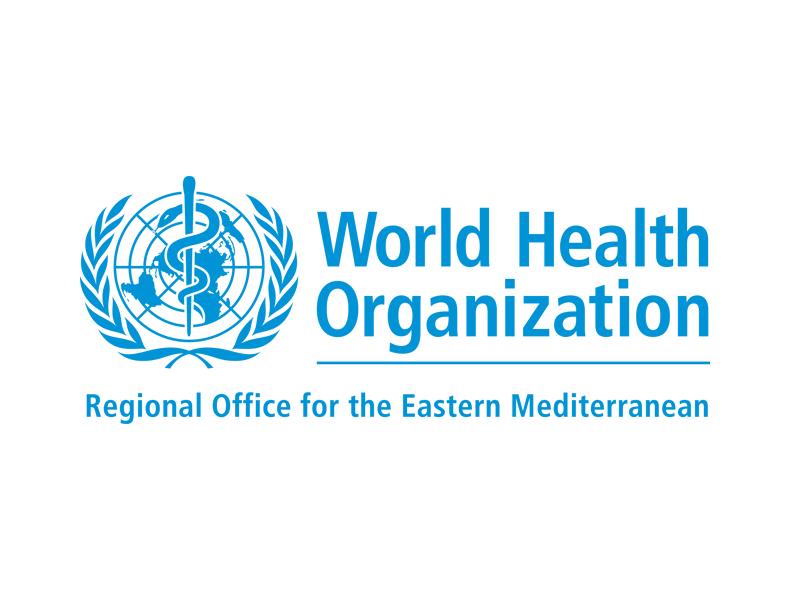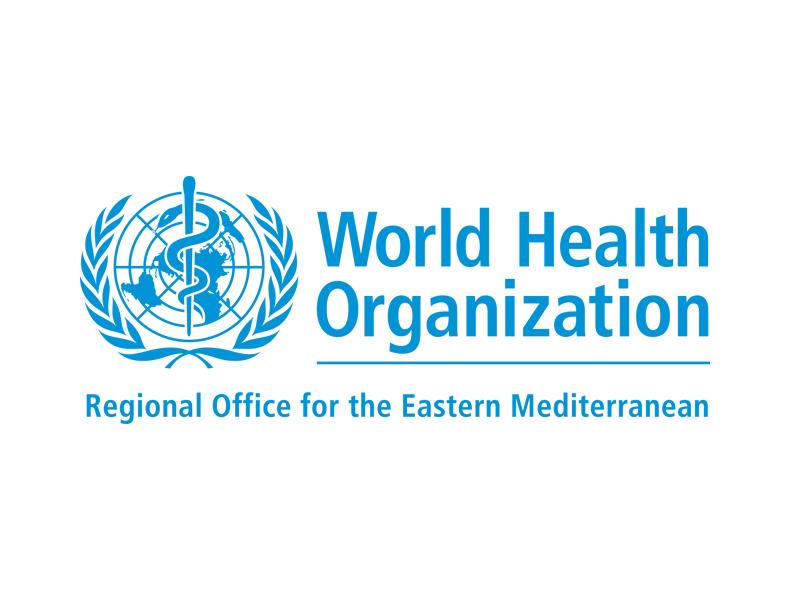
VIENNA/GENEVA — The International Atomic Energy Agency (IAEA) and the City Cancer Challenge Foundation (C/Can) agreed to expand collaboration to improve access to equitable and quality radiation medicine for cancer patients in low- and middle-income cities.
In an agreement signed recently, the two organizations formalized a partnership to increase the sharing of expertise, skills and resources to drive greater impact in the application of radiation medicine as part of cancer care.
“This partnership illustrates the IAEA’s engagement with global partners to accelerate the adoption of nuclear technologies to tackle cancer effectively and sustainably,” IAEA Deputy Director General and Head of the Technical Cooperation Department Liu Hua said.
“We look forward to enhancing collaboration on technical cooperation activities, cancer control assessments and research initiatives through this partnership for the benefit of our member states.”
“C/Can has been privileged to count on experts recommended by the IAEA since 2018 to support cities in the design of radiotherapy development plans and radiotherapy quality assurance programs in C/Can cities,” said C/Can’s CEO Susan Henshall.
“The agreement creates a framework between the two organizations to expand areas of collaboration such as needs assessments, data collection and resource mobilization, among others.”
Among the specific activities of this collaboration will be to support low- and middle- income C/Can cities to develop mechanisms to ensure patient-centered and standardized care through multidisciplinary medical approaches.
The partnership also foresees the participation and integration of IAEA experts in multidisciplinary global teams to review resource-appropriate guidelines for the management of the most common and curable cancers.
In addition, both organizations will facilitate technical cooperation in the design of radiotherapy and diagnostic imaging development plans and quality assurance programs in C/Can cities.
The IAEA assists member states in the use of nuclear and radiation medicine to diagnose and treat a number of non-communicable diseases, including cancer. The Agency coordinates research projects and provides expertise, training and equipment to countries, as well as internationally harmonized safety guidelines.
C/Can supports cities around the world as they work to improve access to equitable, quality cancer care. Since its launch in 2017 by the Union for International Cancer Control (UICC), C/Can has developed a new model of addressing access to cancer care that, for the first time, leverages the city as a key enabler in a health systems response to cancer. — SG












